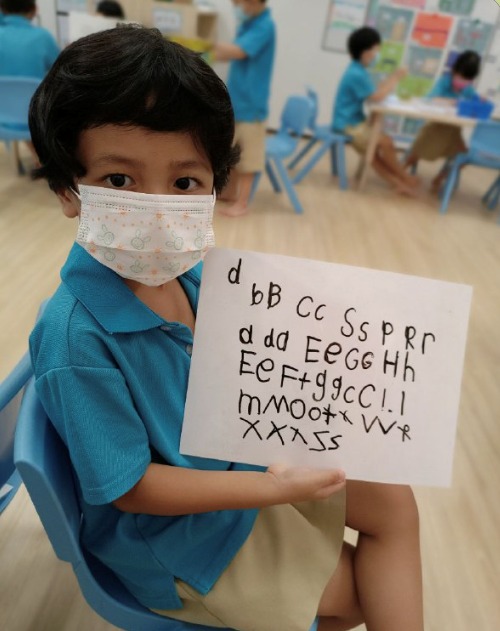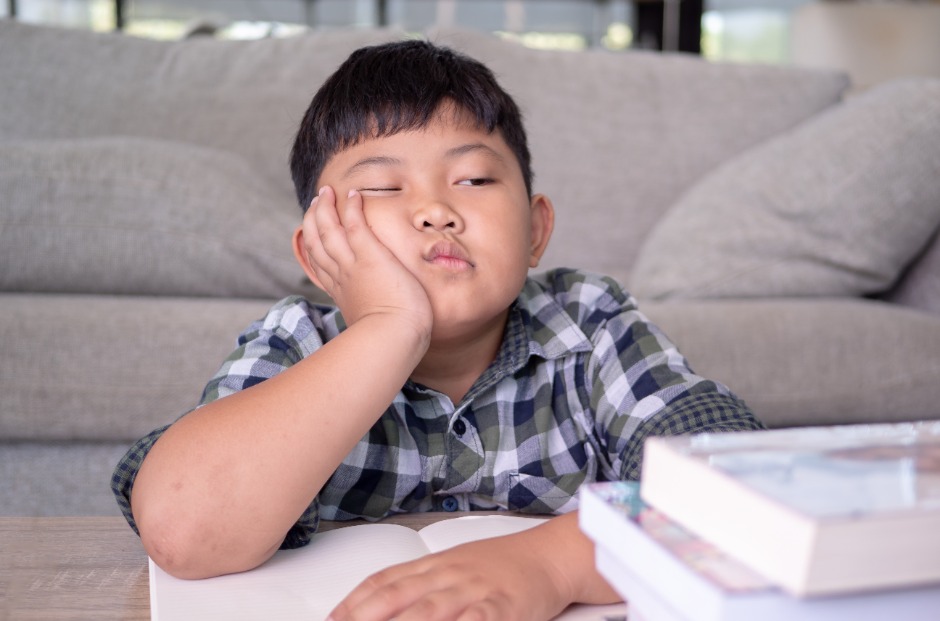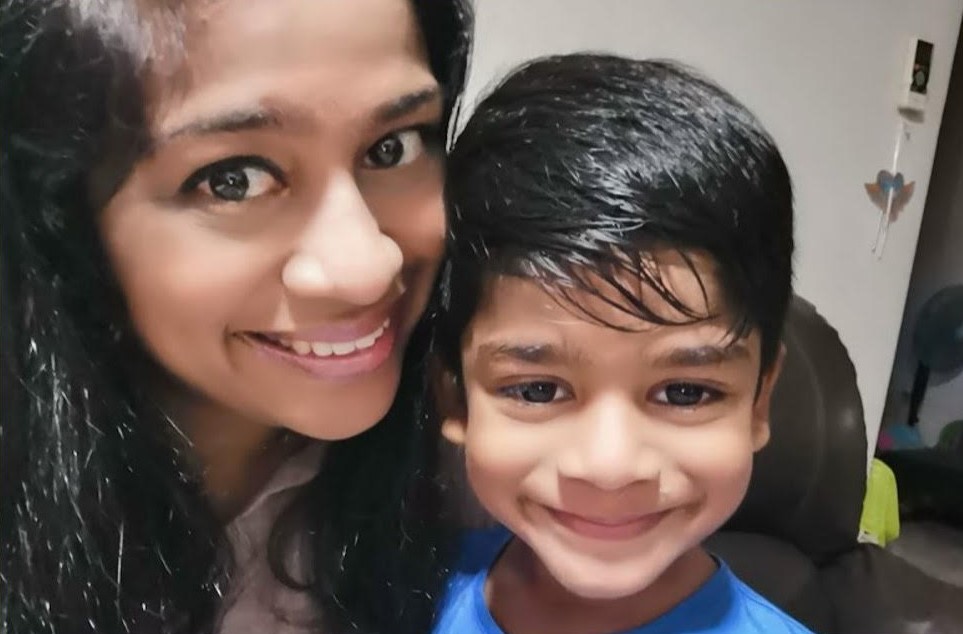Helping Little Children Learn
14 Aug 2012
The word “school” in “pre-school” may make us think of academic learning, but as childhood education experts in Singapore remind us, it’s important to remember that early childhood education should nurture the innate curiosity of children. As Assistant Professor Sirene Lim May Yin of NIE’s Early Childhood and Special Needs Academic Group explains, “Young children are ever-ready to learn from the minute they were born. They are constantly learning about the physical and social world.”
Early childhood education is thus not limited to academic learning, and it can also take place at home. It seeks to develop the child socially, emotionally, and physically, and is not merely preparation for primary education. Principal of Ascension Kindergarten Mrs Dianne Seet-Swee emphasises that pre-schools can help to lay the foundation for children to have a positive impact on society. She sums up her philosophy as, “Give children ‘the positive’ and they will blossom.”
Cultivating a readiness to learn
Dr Lim describes early childhood education as an opportunity to enhance children’s understanding of the world, enrich their real-world and social experiences, and encourage them to learn and continue to be curious. “However, this ‘education’ must be conducted in ways that respect and build on young children’s existing capabilities and strengths,” she cautions. “The curriculum should meaningfully connect children’s real-world experiences and allow children to share those experiences with their peers – as opposed to a curriculum with purely teachers’ objectives and abstract concepts that children cannot relate to.”
Pre-schools can go a long way in helping children by understanding what makes them tick and interacting with them accordingly. Mrs Seet-Swee explains, “We don’t pigeonhole learning and call it ‘literacy’ or ‘mathematics’ – for the children, it’s all about life!” She gives some examples of classroom activites in her school. “When children sort through balls, aprons, and saucers while packing up, they are picking up basic numeracy skills too. The letter ‘B’ for instance, doesn’t have to be learnt in the classroom only. We can also play with balloons, or put on a baker’s hat, or go outside and play with bubbles.”
While pre-schools should impart basic literacy and numeracy skills such as reading, comprehension and a sense of numerical values, Dr Lim and Mrs Seet-Swee agree that social, emotional and physical development are just as important and must not be overlooked. For example, children should learn how to share and empathise, how to relate with others and how to deal with stress. This will also prepare them socially and emotionally for primary school, along with appropriate social behaviour inculcated at pre-school such as sharing objects and sharing space, taking turns, and listening to instructions.
Dr Lim suggests, “Think less of ‘school readiness’ (like preparing for Primary 1, reading, and mathematics) and more of ‘readiness to learn’, such as an interest in articulating their thoughts and feelings, developing independence, enjoying being with others, asking questions, becoming keen observers, appreciating their environment, and solving real-world problems.”

Assistant Professor Sirene Lim May Yin of NIE believes that parents play an important role in helping a child to develop a positive attitude towards primary school.
The teachers and class size are important factors in this respect. “All teaching comes from the heart,” Mrs Seet-Swee emphasises. “The teachers must first and foremost have the passion to guide the children. Learning should take place in small groups, so that the teacher can observe the children and mediate quickly when needed.” Dr Lim reinforces the importance of a healthy adult-child ratio. “Younger children respond best with individualised attention or small group interactions where they can be encouraged to model, speak, move, experiment and explore.”
Learning begins at home
While pre-school education is undoubtedly an important influence, it is also important to remember that education also takes place at home. Most would agree that parents are a child’s first and most important educators. Besides being role models in learning and helping their children to prepare mentally for the primary school environment, parents can also show enthusiasm for primary education.
Dr Lim says, “If parents appear enthusiastic about primary school, this positive attitude will influence children to be less fearful of the ‘big school’. If parents paint a ‘tough’ picture of primary school, the stress will rub off on children. The last thing we want is for children to associate primary school with stress.”

Adults who model a positive attitude towards learning can help children to develop an enthusiasm for it.
Mrs Seet-Swee agrees. “It’s important during the learning process that the children do not end up feeling tested.” For example, she encourages parents to read to and with their children everyday. “Parents can read with their children, and enjoy the process, really seize the moment. They can also share new information with the children during these sessions,” she explains. “However, be careful not to turn it into a reading test. The child should not grow to fear reading.”
Besides home and pre-school, there may be another major component in children’s learning – enrichment classes. Mrs Seet-Swee weighs in on the matter. “Enrichment classes could have a positive impact, for instance, to hone a talent or interest which the child has. Parents have to observe if the child is really benefitting from the classes.” She adds, “The classes could be an overload on their schedule, which should include outdoor playtime. Moreover it is good for children to be given more exposure to age-appropriate content to allow for conservation of concept rather than to over-teach concepts.”
Indeed, balance is key. Dr Lim highlights, “Most young children want to please their parents. They would not know any better if a structured lifestyle of enrichment classes and pre-school is ‘bad’ for their health. Parents, as sensible adults, have to gauge if their child is indeed enjoying extra classes. More importantly, children need a balanced lifestyle of different kinds of activities too – indoors/outdoors, quiet/active, and structured/unstructured.”
For more information on pre-school education, you can read about MOE’s SPARK, or Singapore Pre-School Accreditation Framework, and other efforts to raise the quality of pre-school in Singapore.




.jpg)
.jpg)

